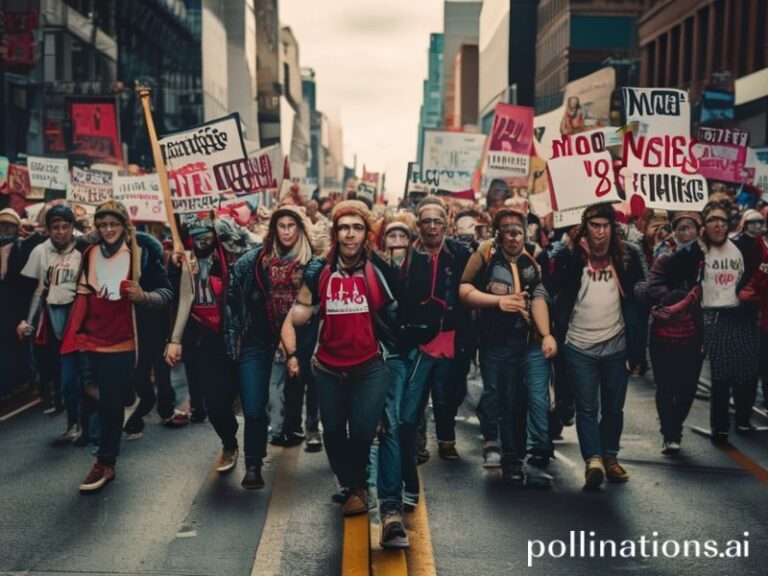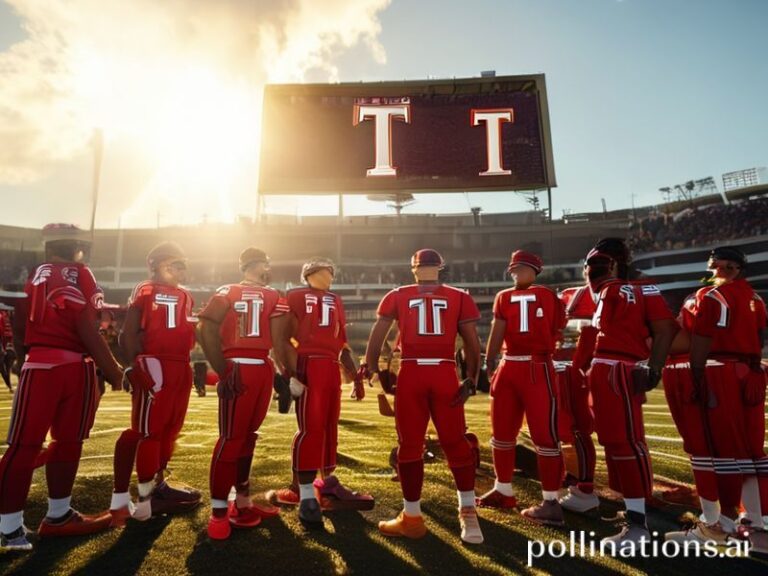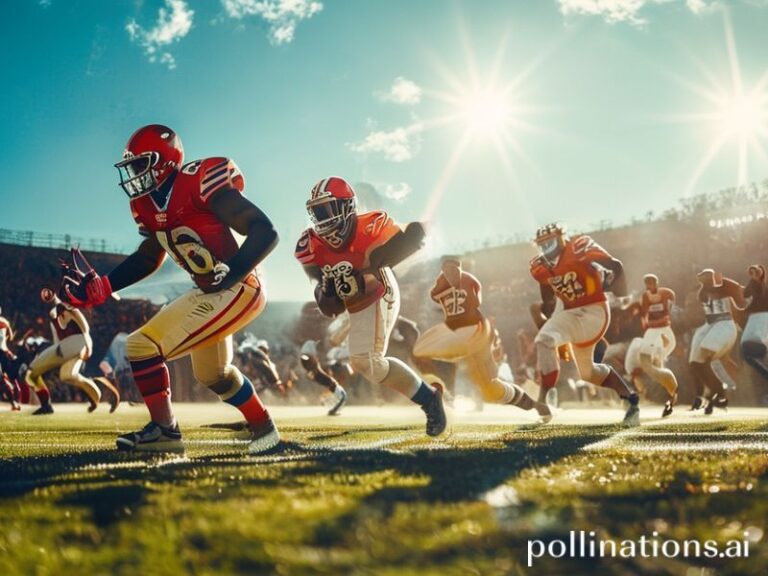Kyle Harrison: The 20-Year-Old Lacrosse Phenom Making the World Feel Inadequate
Kyle Harrison, Age 20, Has Already Won More Than Your Entire Country
Bylines from Lagos to Lima are now muttering the same name in the same incredulous tone: Kyle Harrison. The American lacrosse prodigy just pocketed his second NCAA championship, a Premier Lacrosse League MVP, and—because apparently the universe enjoys overkill—a freshly inked Nike deal rumored to contain more zeroes than the Greek national debt. While most of us were still losing our house keys at 20, Harrison is losing defenders and, inadvertently, the last shred of plausible self-esteem for every other athlete on the planet.
The international significance? Let’s start with the obvious: lacrosse is still the sporting equivalent of a vegan pop-up in a steakhouse—niche, whispered about, and quickly ushered toward the corner. Yet Harrison’s highlight reels are racking up views in countries that still confuse lacrosse with LaCroix. In India, where cricket stadiums double as national temples, young batsmen are suddenly asking coaches for “that stick thing the American kid uses.” South Korean e-sports streamers have begun overlaying Harrison’s dodges onto League of Legends replays, claiming it improves micro-mechanics—because if you can juke a 220-pound defenseman, you can probably juke a digital dragon.
Meanwhile, global sports conglomerates have scented fresh blood in the water—mostly the metaphorical kind, though lacrosse does its best to make it literal. Adidas, not traditionally a lacrosse powerhouse, has reportedly offered Harrison a private jet lease “just to talk.” The jet’s carbon footprint alone will probably offset whatever goodwill Harrison’s youth clinics in Nairobi hoped to generate, but that’s late-stage capitalism for you: every altruistic gesture comes with its own commemorative carbon offset NFT.
Back in the United States, the talking-head class is busy retrofitting Harrison into the broader narrative of American exceptionalism. Cable news hosts who couldn’t spell “lacrosse” last week now invoke him as proof that freedom and Gatorade produce superior humans. Overseas, the reaction is more nuanced. French sports daily L’Équipe ran a headline calling Harrison “Le Michael Jordan du stick,” which sounds flattering until you recall that France still thinks Jordan plays baseball. Chinese social media, never one to miss a nationalist angle, is debating whether Harrison’s maternal great-grandmother might have once eaten dim sum, thereby making his success 12.5 percent Chinese by caloric inheritance.
The darker implications are harder to ignore. In an age when global youth unemployment is spiking faster than a mid-court shot, Harrison’s trajectory feels like a cosmic taunt. A Kenyan runner can train on dirt tracks and still get outrun by a kid from Baltimore who’s been spoon-fed analytics since kindergarten. A Brazilian favela kid can juggle a football made of rags, only to watch Nike throw Harrison a contract hefty enough to buy every favela its own astroturf. Meritocracy, that old bedtime story, has never looked so photogenic—or so rigged.
Harrison himself appears cheerfully oblivious to the geopolitical ripples, which is probably for the best. Athletes who start apologizing for capitalism’s lottery usually end up doing podcast tours with titles like “Redefining Success” and never winning anything again. Instead, he says he wants to “grow the game globally,” a phrase that sounds benevolent until you realize it’s also the exact mission statement of every soft-drink company looking for new arteries to clog.
And yet, cynicism has its limits. Watch one clip of Harrison slicing through double-teams like a hot scalpel through bureaucracy and even the most jaded correspondent feels something suspiciously akin to hope. Maybe it isn’t the triumph of neoliberal branding; maybe it’s just the uncomplicated joy of witnessing a human do something absurdly well. If so, the world will do what it always does—commodify that joy, slap a swoosh on it, and sell it back to us at a 400-percent markup. But for the thirty seconds before checkout, we’ll all feel a little lighter, a little faster, and—if only fleetingly—like maybe our own broken-down countries still have room for magic.
Conclusion: Kyle Harrison is not going to solve climate change, reduce trade deficits, or bring back your ex. He will, however, remind the planet that excellence remains stubbornly borderless, even if the endorsement deals are not. And for a species currently perfecting the art of self-inflicted catastrophe, that’s a refreshingly uncomplicated plot twist—until the next commercial break, anyway.







